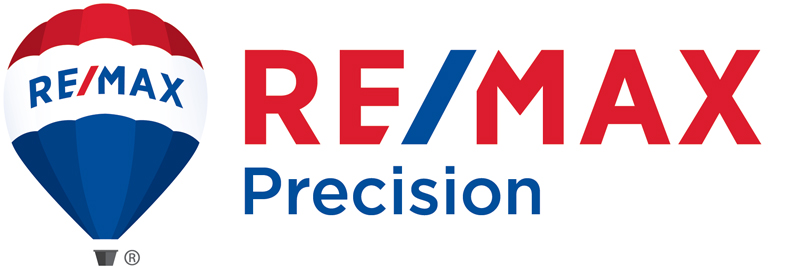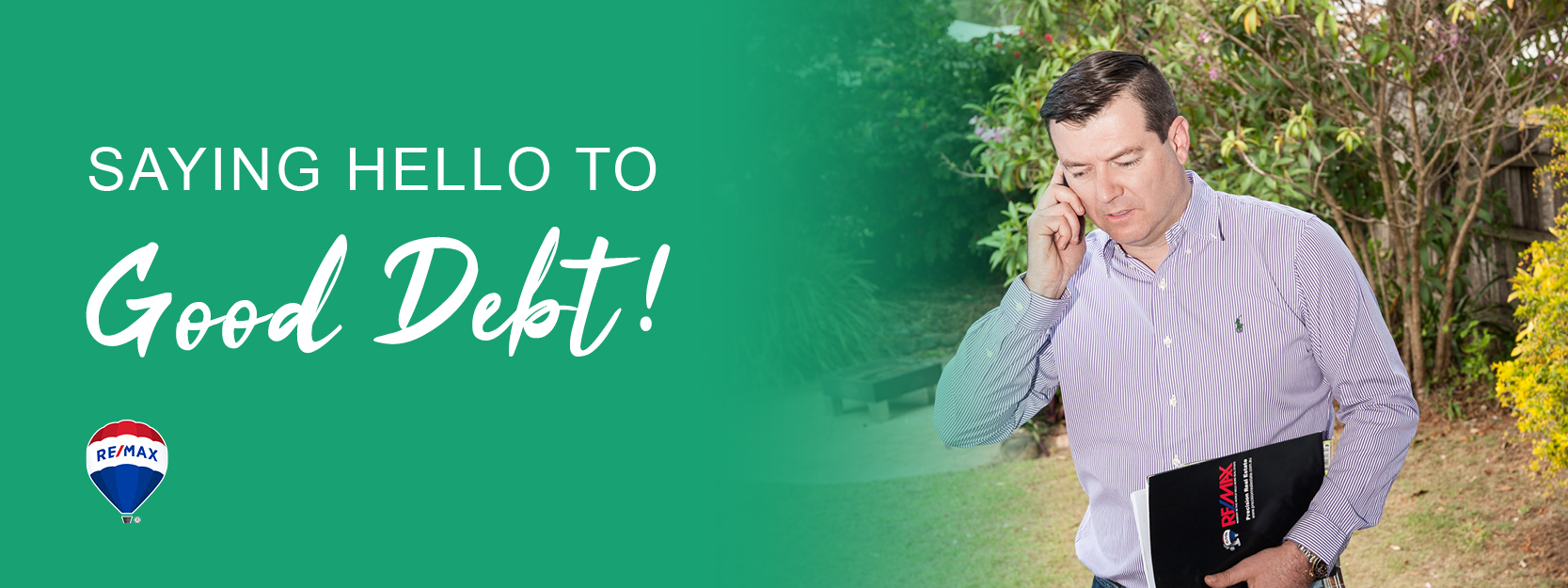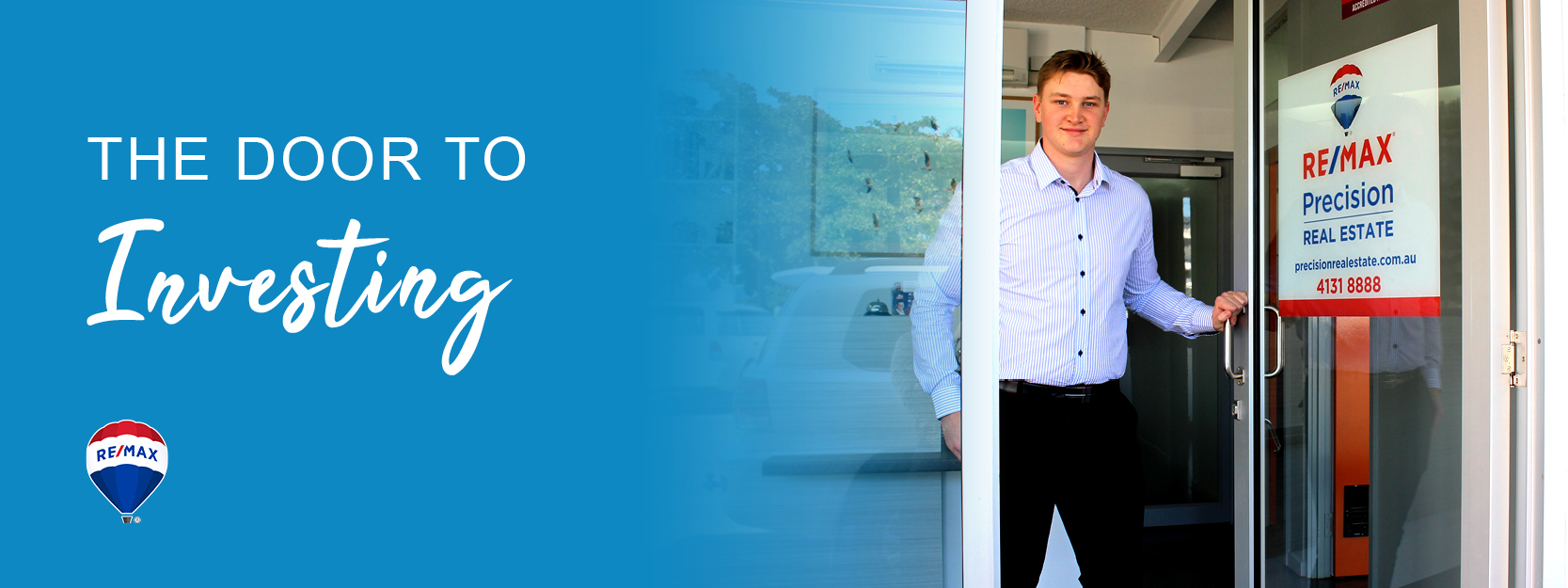Saying Hello to Good Debt
Can debt help you build a property portfolio? Yes!
If you attempt to save a lump sum for an outright property purchase, you might only buy one, or if you’re lucky, two homes over the course of your entire life. You simply can’t save money fast enough on an average income to keep up with property prices.
Scott Mackey, Principal of RE/MAX Precision, says “leverage is a simple concept – it’s borrowing to increase the potential return of an investment. But remember, for leverage to work, the expected capital return must always be higher than the interest rate on the borrowings.”
If your investment grows quickly, you’ll be able to use the equity that you’ve earned in the initial investment much sooner to buy a subsequent property. As long as you can afford to service the debt, you’ll build wealth substantially faster than if you didn’t use leverage.
So, what about the fear of having debt?
Most people have been taught that all debt is bad. Debt is often misunderstood, which is why it is important to know the three different types of debt which will help break down the fear.
1. Horrible Debt
You use horrible debt to buy anything that goes down in value. Examples of this kind of debt include Personal Loans, Credit Cards and Store Cards. You should steer clear of accumulating this type of debt.
2. Tolerable Debt
Think of the tolerable debt used to buy a family home; it keeps a roof over your head, but it’s not making you any money. The reason it’s tolerable is, whilst your property might be going up in value, you’re typically the only one paying for it.
3. Productive Debt
Sensibly embrace productive debt to buy income-producing assets that are likely to grow in value. The beauty of the productive debt on an investment property is you’re not servicing the debt alone.
The main difference between tolerable and productive debt relates to who pays the interest. In a productive debt situation, it’s the rental income or tax concessions that will contribute the most to paying off the interest. So you’re contributing a much smaller amount to service the mortgage than with a tolerable debt situation. With a tolerable debt, you pay it all. So, making friends with productive debt may well be the key to financing a comfortable retirement.
If you’re thinking about incorporating debt productively to grow your property portfolio, make sure you consult a financial professional first. Then give the team at RE/MAX Precision a call. With our fingers firmly on the housing market pulse, we’re your experts in buying, selling and investing in Bundaberg real estate.



